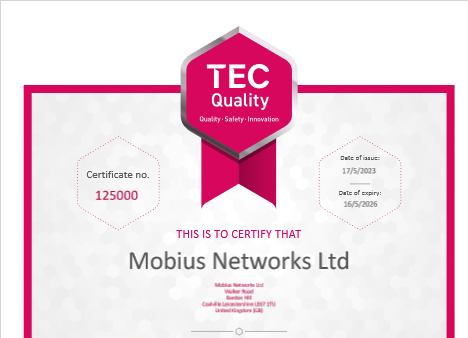Hidden costs
Using a private mobile network brings a lot of advantages. Most of this website is dedicated to that in one way or another but primarily they are;
But most Mobile Virtual Network Operators (MVNO) don’t charge for their backhaul. This was fine when you had 100,000 SIMs sending one 9byte meter reading each a week. The model, and the private network, breaks when you start to stream 50 HD cameras through a private network in real time on 4G connections and you have to buy another 1gigbit per second capacity just to support those hungry few.
But it is more than the considerable cost of the pipe. If like Mobius, you run a full dual location service then you need two pipes so that the data throughput isn’t impacted if one fails. The servers and firewalls in both locations need to be upgraded and there seems to be an endless number of licences that need expanding to cope with the ever-increasing volume of transactions, connections and data.
But if you are serious about offering a Service Level Agreement (SLA) then, for example, what happens if one of the servers’ crash? You are back down to one connection. Your managed service provider will swap out the hardware on a four-hour break/fix, another cost, but how long will it take you to rebuild the servers – certainly hours, probably days.
Mobius added extra servers at each point in both primary and secondary links so that if a server crashes, then a mirror is immediately available for the rebuild, on location, where it needs to be. We then built a complete duplicate system of all the servers, Cisco routers, firewalls and connections. Last week we moved our IT Team offsite for two days so that they could war-game with a third party company working through a break in each system, not just the data pipes but the back-ups, the hardware, the firmware, the software that we use to run our company, our billing platform and our diagnostics.
The results were better than we hoped and highlighted a couple of the older internal systems that we use where probably some work is needed or be replaced.
But next time you entrust your data to a company that gives you the backhaul away for free ask them for a copy of their Disaster Recovery (DR) plan.
Written by

Douglas Gilmour
Douglas formed Mobius in 2003 after twenty years’ experience in the Semiconductor industry. He was driven by the idea that airtime could be better and more secure.


